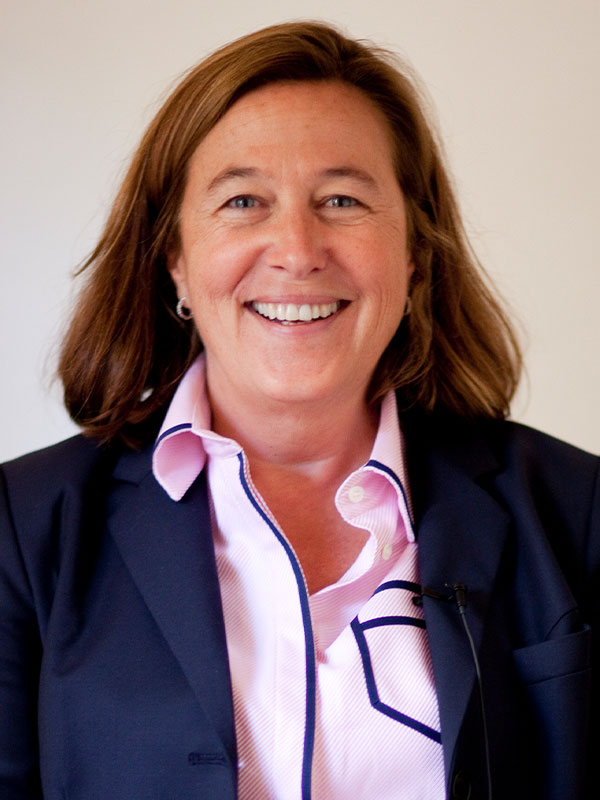Professor of Clinical Medicine (Clinical Scholar), Keck School of Medicine of USC
Keck School of Medicine
Dr. Leslie Saxon is a Professor of Medicine, Clinical Scholar, at the Keck School of Medicine of USC. Dr. Saxon is an interventional cardiologist that specializes in implantable and wearable devices that are wirelessly connected and treat and diagnose heart conditions and prevent sudden death.
Dr. Saxon is a board-certified cardiologist and has additional board certification in electrophysiology and heart failure. She has completed over 200 publications in various medical journals and is an active member of a multitude of organizations, and is also a fellow at the Heart Rhythm Society.
Dr. Saxon is also the Executive Director of the internationally acclaimed USC Center for Body Computing (CBC). The CBC is currently a place for all USC schools, including medicine, engineering, business and cinematic arts, to form interdisciplinary relationships and accelerate the future of fully integrated, “connected” medicine.
Dr. Saxon participates in the pre-clinical and clinical development and testing of wearable and implanted technology, including networked devices used in medicine, wellness, and performance. She has active research with programs involving connected sensors with elite athletes, military groups and patients.
Her work is dedicated to providing users with continuous and protected information about their health or performance status. With her clinical expertise, she is a valuable strategist in developing device models and software solutions that offer engaging user-feedback based on real-time physiologic data.
Her cultivation of critical innovative partnerships to jointly commercialize products within the CBC is essential for furthering and improving the dissemination of medical information, enhancing communication and improving health outcomes. Dr. Saxon has spoken at various forums including TEDMED, SXSW, and WIRED Health and is regularly quoted in popular press (WSJ, NYT, BBC and Fast Company).
